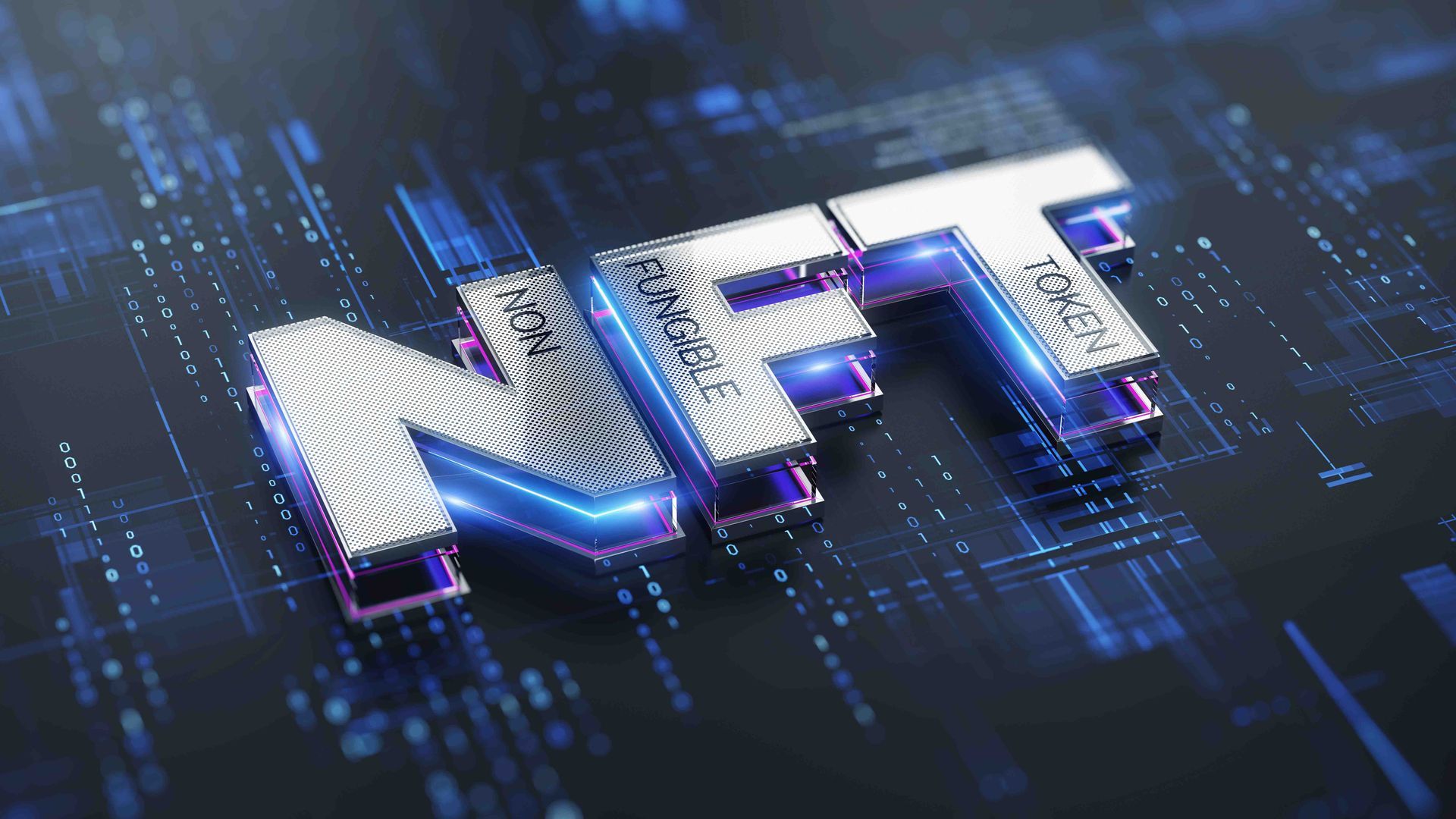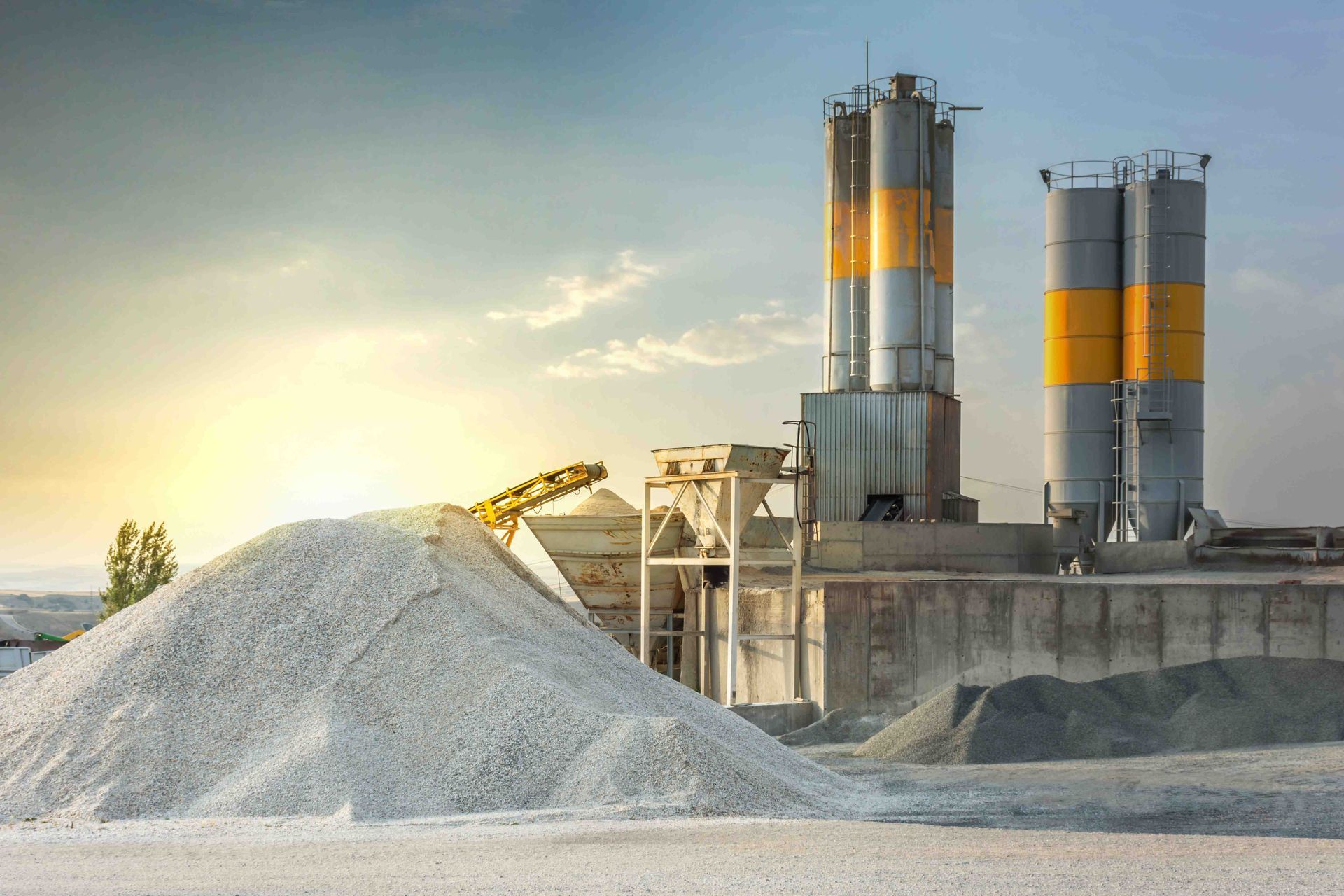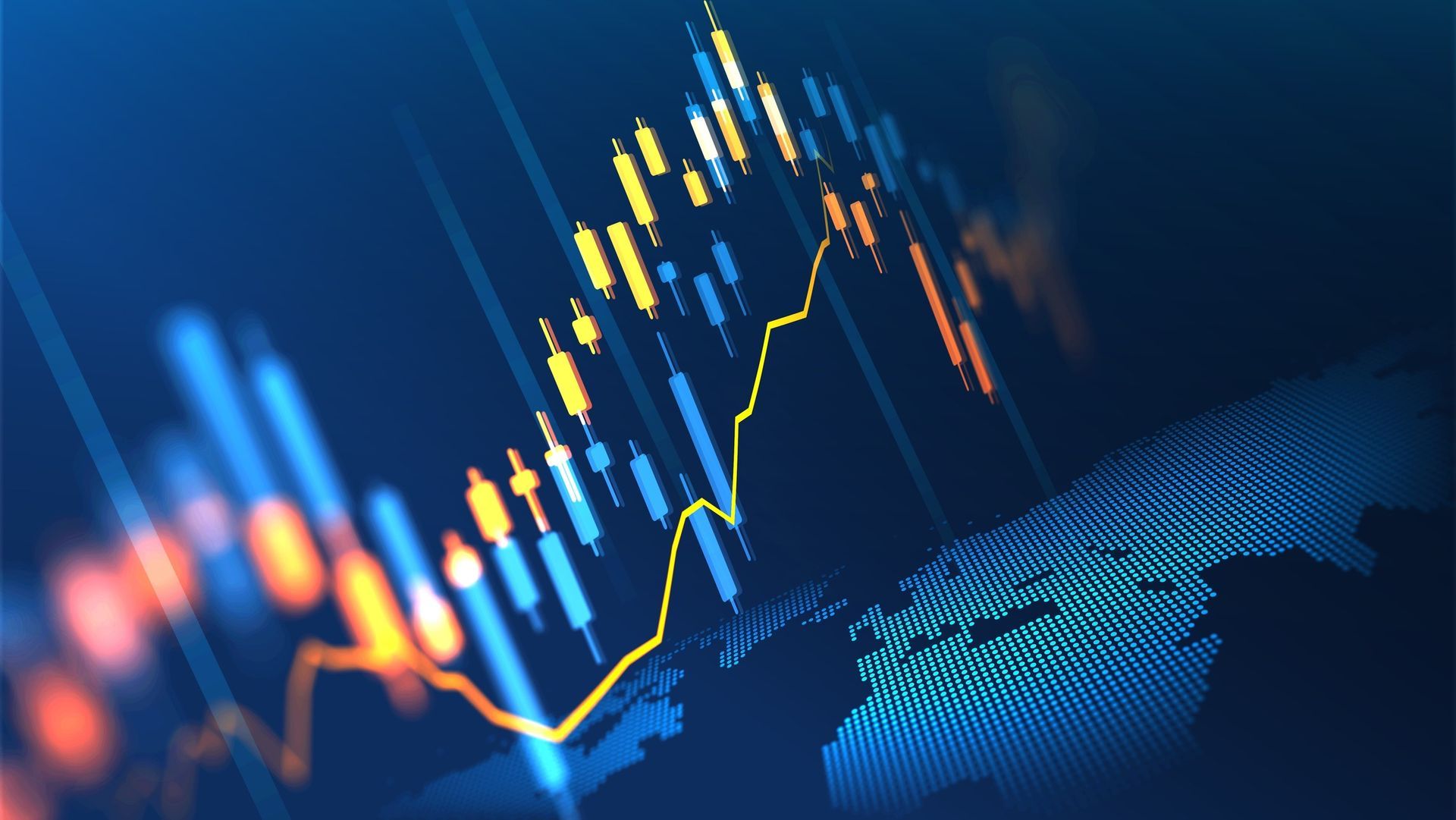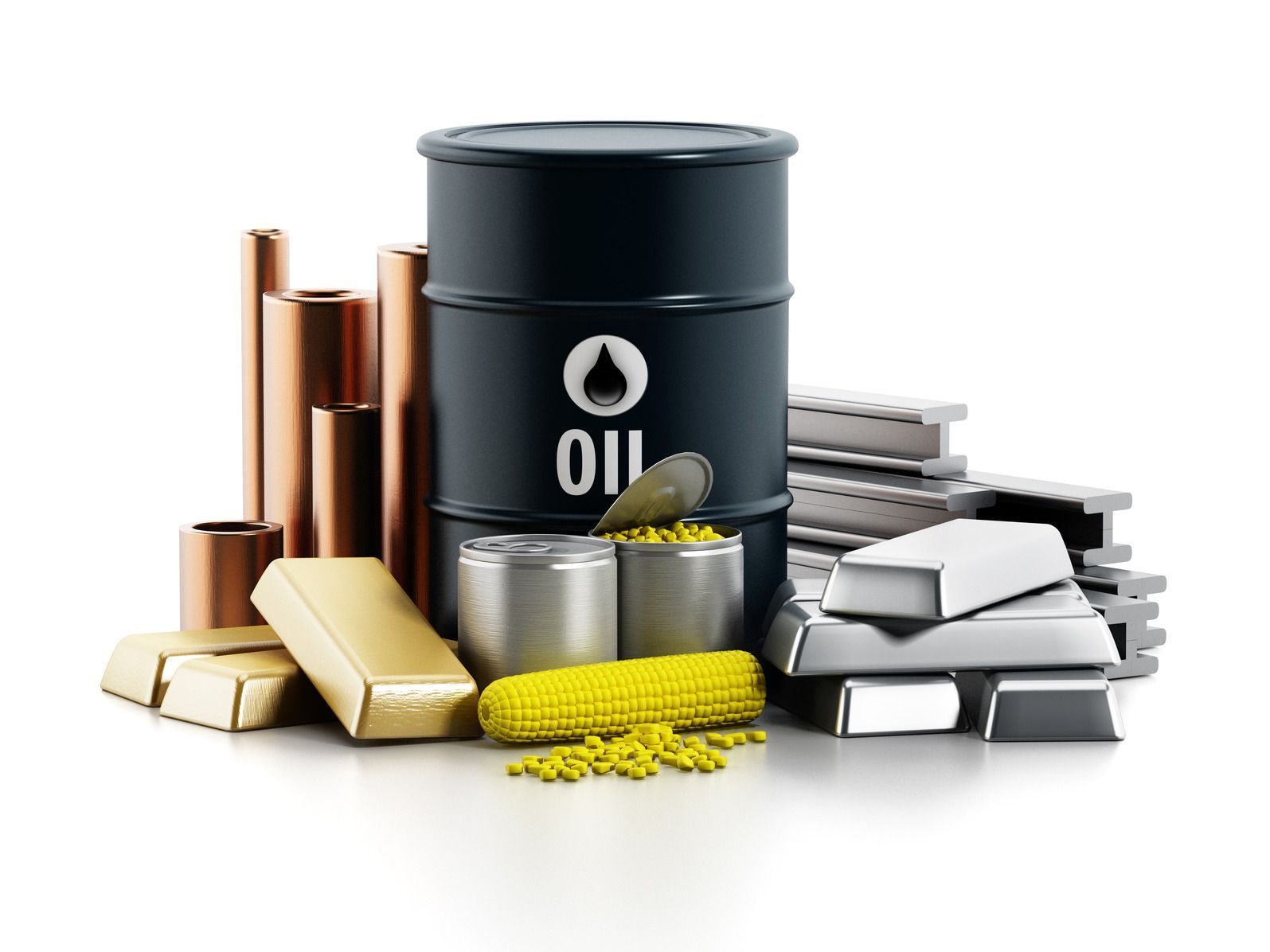The Differences Between Stock Trading And Commodity Trading?
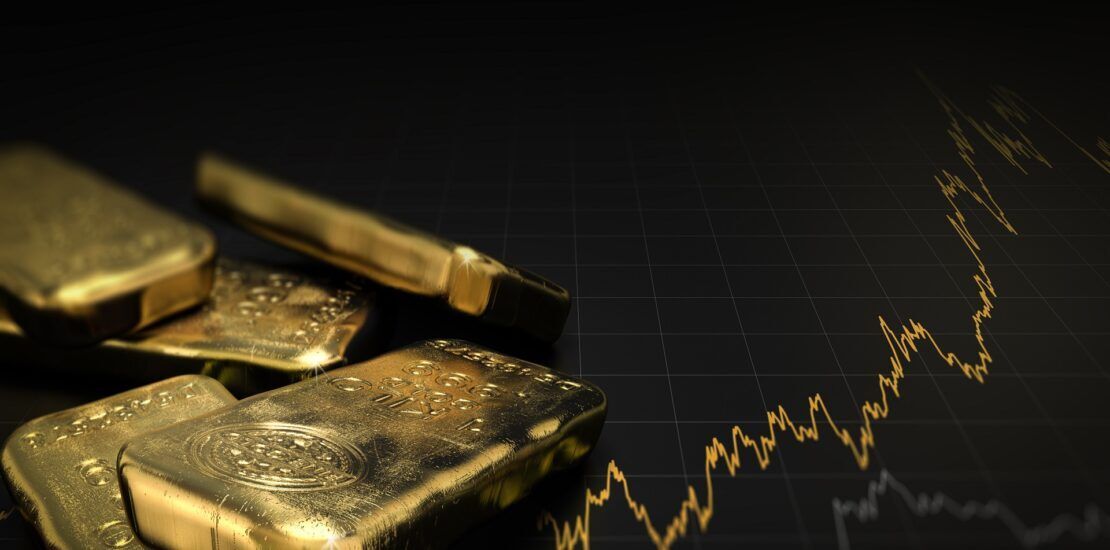
The market offers a wide choice of investments where people can park their idle money to turn a profit. However, it’s essential to select the correct route to maximize rewards. Traders looking for aggressive returns usually do either stock trading or commodity trading.
What is stock trading?
Stock trading consists of buying and selling shares in listed companies to make money on daily price changes. This short-term practice sets stock traders apart from conventional stock market investors, who tend to be in the game for a very long term.
There are two primary types of stock trading:
-> Active trading: It is what an investor who places ten or more trades per month does. Generally, they use a strategy that relies heavily on timing the market, taking advantage of short-term events and price movements to turn a profit in the coming weeks or months.
-> Day trading: It is the strategy employed by traders who usually do this full time — buying, selling, and closing their positions of stock in a single trading day, caring little about the fundamentals of the underlying businesses. The day trader aims to make a profit in the next few minutes, hours, or days based on daily price fluctuations.
What Is Commodity Trading?
Commodity trading is buying and selling goods produced by nature or human beings for profit. Commodity trading is classified mainly into spot trading and futures trading.
Spot trading involves buying and selling commodities at the present-day market price on a cash basis. But futures trading is buying and selling commodities at a predetermined price in the future.
For example, if you are buying an ounce of gold today, and you are also betting that it will be worth more in the next week than what you bought today.
The reason for this is the risk involved in trading commodities. It’s easier to buy a futures contract that will make a particular amount of money if the price goes up and lose it if the price goes down. Commodity traders use margin accounts to boost their leverage and chances of making profits from trades.
Equity Vs. Commodity Trading – Key Differences
1. Ownership
An individual purchasing stocks in the equity market earns a fraction of ownership of that particular company. Both traders and investors will have ownership of the company’s assets during the holding period. However, in commodity trading, traders will not get any ownership.
You will not find any companies in the commodity market, and there’s no tangible commodity that is bought or sold. Instead, traders invest in future contracts that mirror the value of the commodity. These future contracts are seldom owned.
2. Duration of the Trade
Traders can buy equities and can hold them for any number of days or years. They do not have an expiry. But future contracts in the commodity market have an expiry. You can hold the stocks of a company forever until the company is listed for exchange or until it reaches its solvency. It is not mandatory to buy or sell the shares.
Commodity trading is usually better suited for short-term investors as commodity futures have an expiration date. Before the expiry date, traders need to buy or sell the underlying commodity. The same applies to option trading as well.
Therefore, long-term investors prefer equities to create significant wealth due to capital appreciation, and short-term traders choose commodity trading for quick profits.
3. Purpose of Stock and Commodity Trading
Producers of commodities choose commodity trading to save themselves from price fluctuations. They lock in a specified price for the commodity through future contracts
As commodity trading is hedging against unfavorable fluctuation, the objective of equity trading is wealth creation. Even equities are used for hedging at certain times. However, the primary purpose is to place bets on valuable companies to churn out profits.
4. Margins in Trading
Equities are not usually dealt with on margins. To buy equity shares, investors need to pay the total value of the trade.
Commodity trading is well-known for the kind of leverage it provides to traders. It demands hugely lower margins. A small part of the trade needs to be deposited as the primary margin to get exposure to higher trades. Since the total value of the trade determines profit and loss, even marginal movements in the commodity price can result in substantial profits or losses.
5. Volatility
Being affected by the supply and demand dynamics, commodities are very volatile. The supply and demand chain is affected by unpredictable circumstances such as war, riots, natural disasters. etc. These unforeseen events tend to cause severe fluctuations in the underlying prices of the commodities, mainly because the market was not ready to combat the sudden change in supply and demand.
However, the equity market is less volatile compared to the commodity market. A company’s stock prices usually fluctuate based on the position of the economy, current market beliefs, and underlying fundamentals of the company. Because of the constant change in prices, the degree to which the price changes in the equities is far less volatile.
Moreover, temporary economic shifts, either boom or bust, barely affect the price of the equities because such events had been predicted and factored into the share price already.
Essential Factors to consider while trading in equity and commodity markets
1. Many factors impact both the equity and commodity markets. For example, interest rates and changes in interest rates impact rate-sensitive stocks and the whole stock market. Commodity prices are also affected by interest rates, which somewhat change the holding cost of the inventory.
2. Investors can evaluate their risk appetite and choose between commodity and equities markets. In the equity market, a general approach is buying equity and holding it for a long time, which is not preferable in commodity trading. So, your decision is mainly determined by your risk tolerance.
Conclusion
To sum up, an investor must know the fundamental difference between equities and commodities in terms of ownership and holding period of the instruments. Make sure you have a sufficient understanding of both financial markets before deciding
Disclaimer: The information on this website and blog is for general informational purposes only and is not professional advice. We make no guarantees of accuracy or completeness. We disclaim all liability for errors, omissions, or reliance on this content. Always consult a qualified professional for specific guidance.

